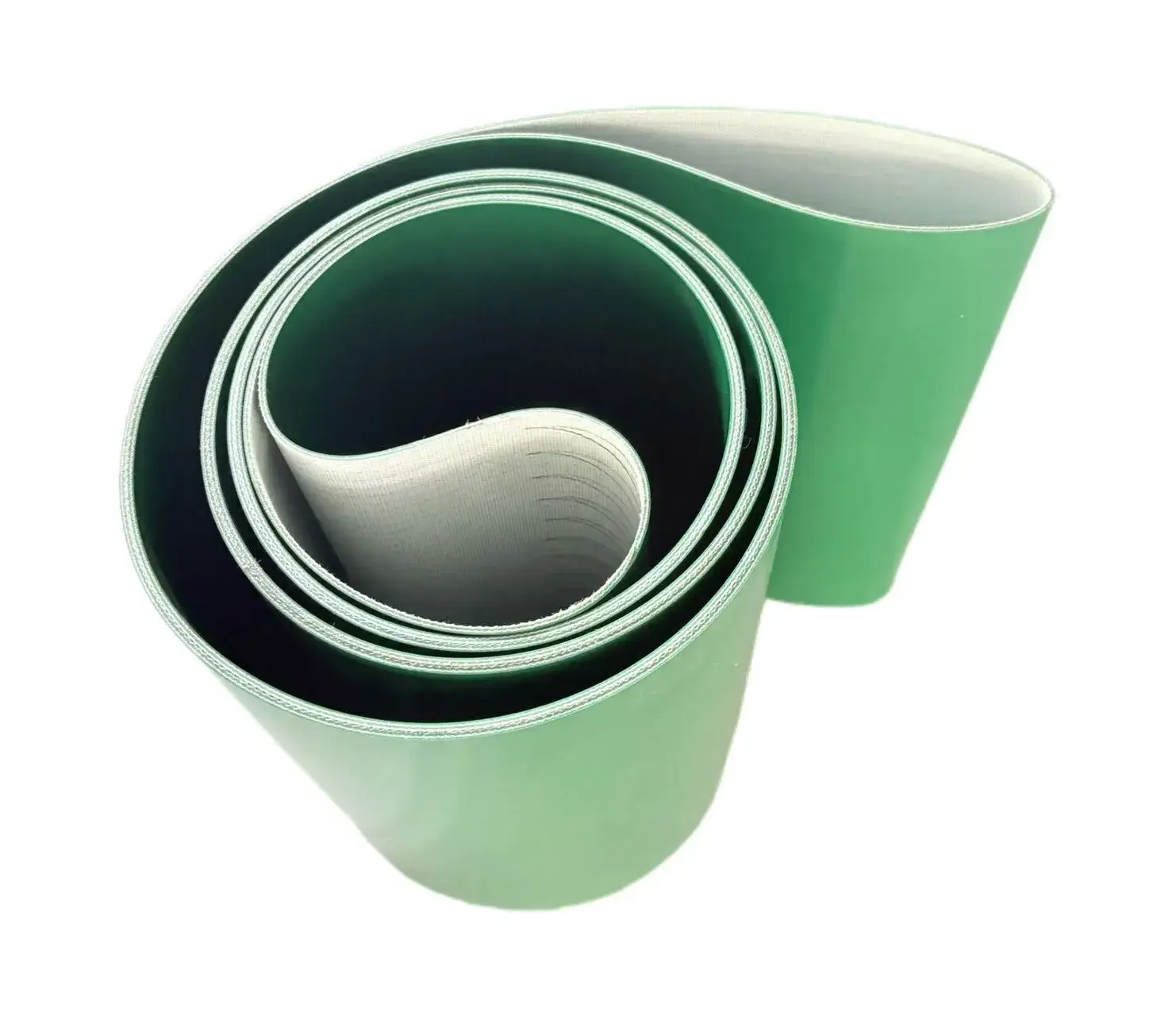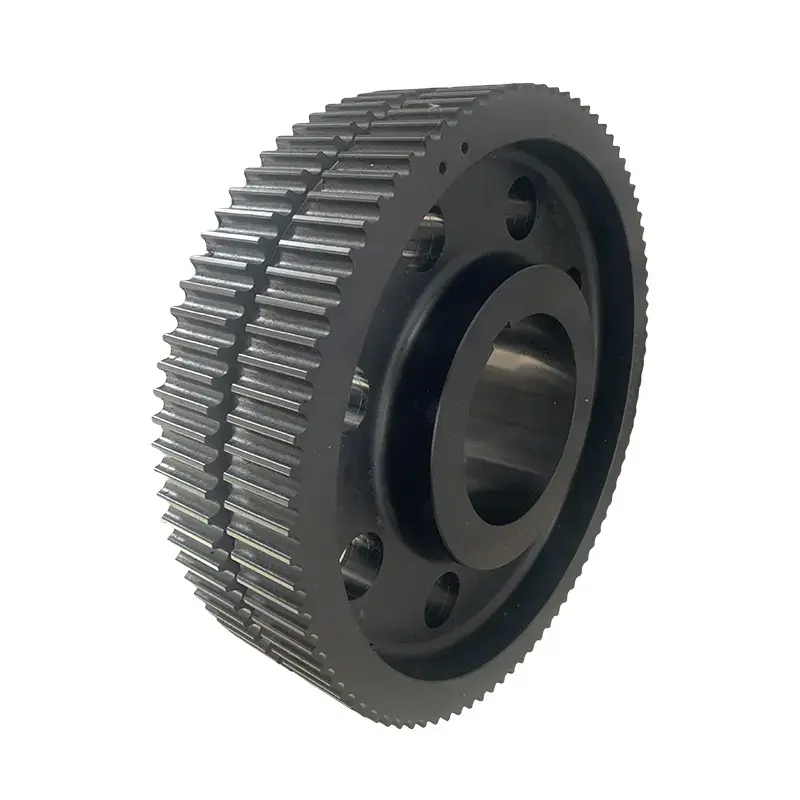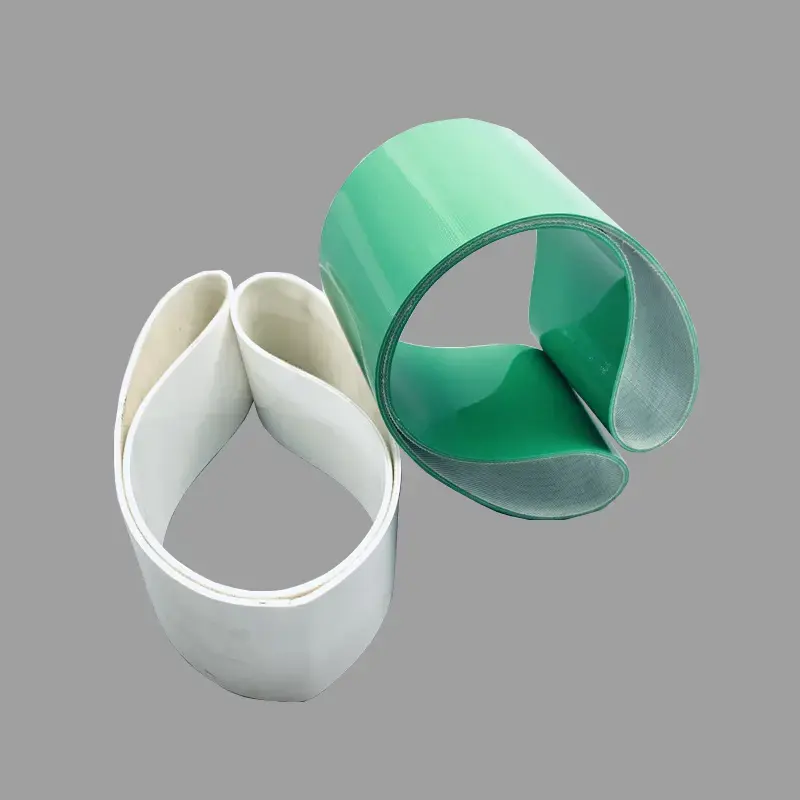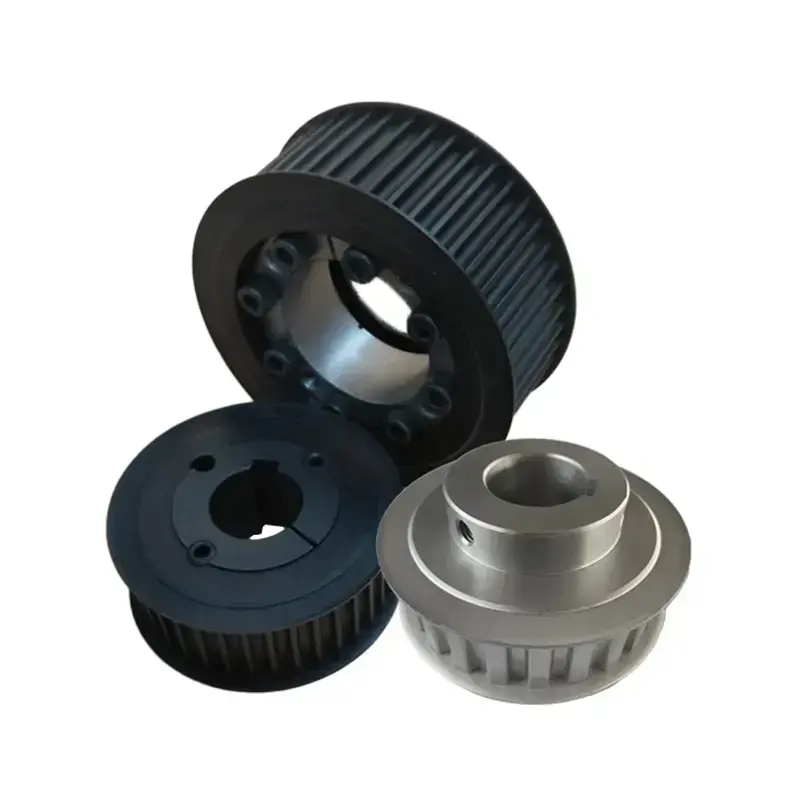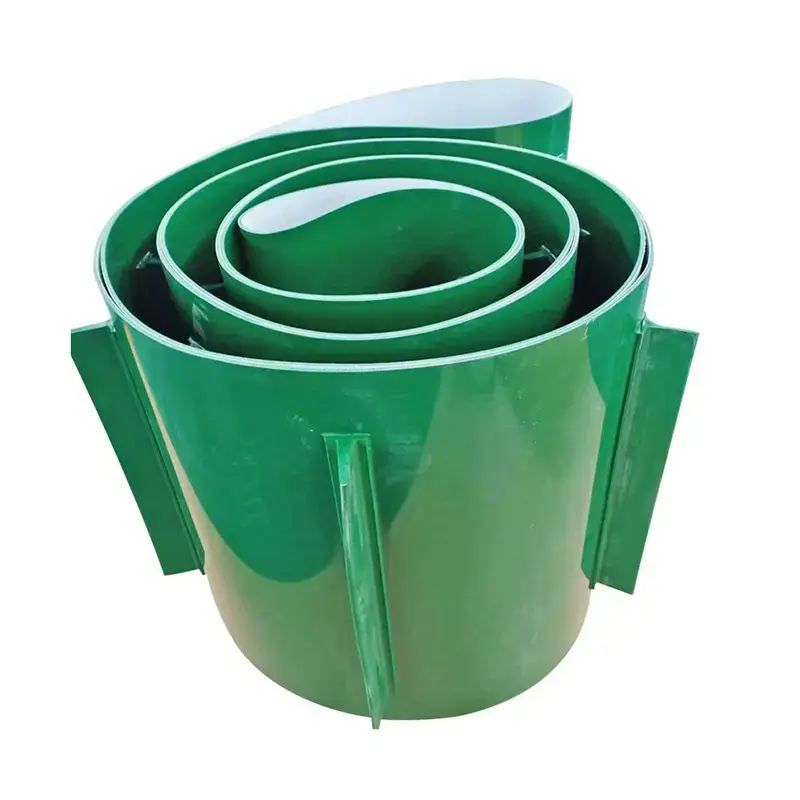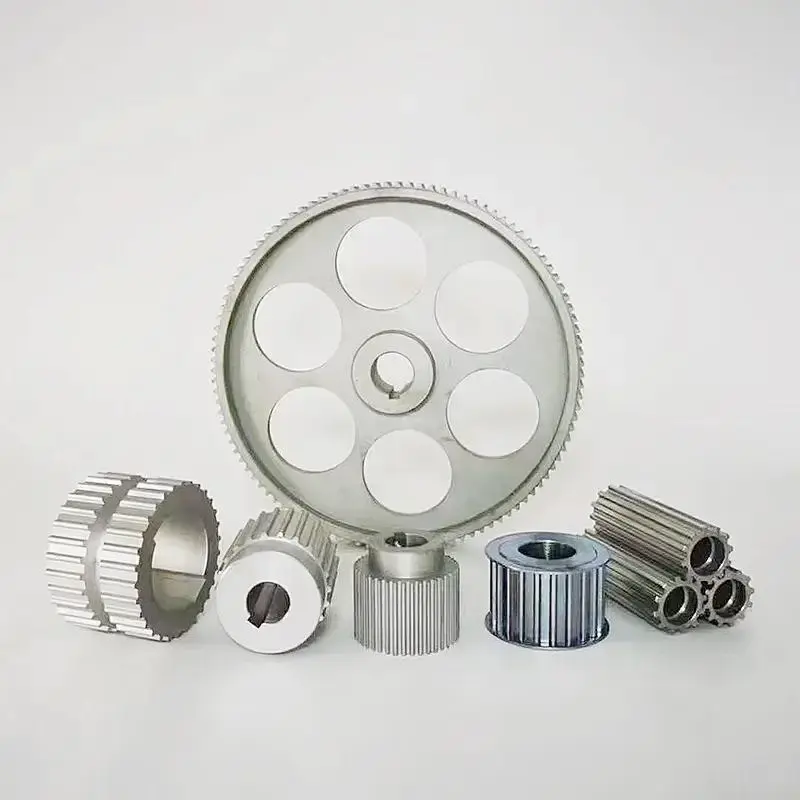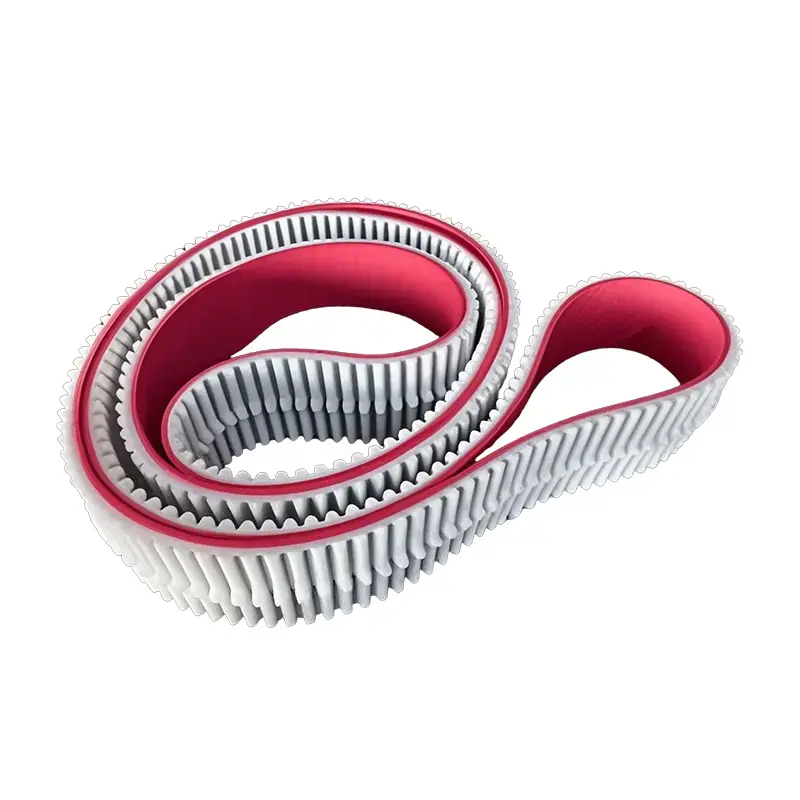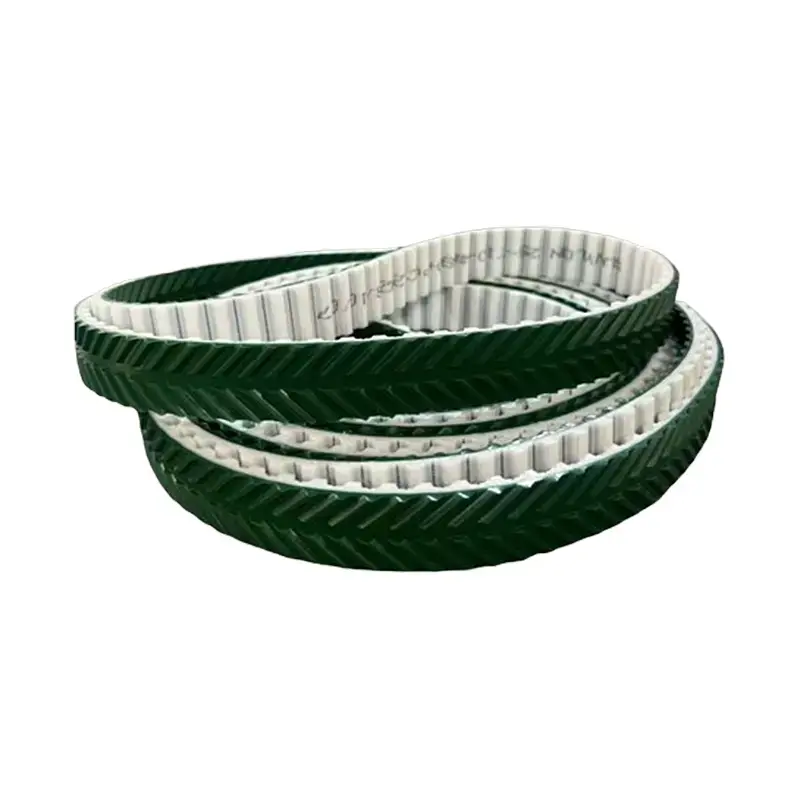 +86-19862000127
+86-19862000127 A Complete Guide to Modular Belt Conveyors for Modern Industries
In today's fast-paced industrial environment, efficient material handling is the backbone of productivity. The Modular Belt Conveyor has emerged as a game-changing solution, providing durability, flexibility, and cost efficiency across industries such as food processing, logistics, automotive, and manufacturing. For B2B buyers, investing in modular belt conveyors means greater reliability and long-term value.
What is a Modular Belt Conveyor?
A modular belt conveyor uses interlocking plastic modules that form a continuous, strong belt. Unlike traditional flat belts, it can handle heavy loads, irregular shapes, and even wet or oily goods. Its modular structure allows easy replacement and customization, making it ideal for industries requiring both reliability and adaptability.
Key Advantages for B2B Operations
-
High Durability – Resistant to wear, chemicals, and extreme temperatures
-
Easy Maintenance – Replace individual sections without halting operations
-
Customizable Design – Supports inclines, curves, and long-distance transport
-
Hygienic & Safe – Simple to clean, ideal for food and beverage production
-
Cost Efficiency – Reduces downtime and extends service life

Applications Across Industries
-
Food & Beverage – Meat, seafood, bakery, packaged goods
-
Logistics & Warehousing – Sorting, packaging, distribution lines
-
Automotive & Manufacturing – Heavy parts, assembly lines, material handling
-
Pharmaceuticals & Chemicals – Safe transport of sensitive or resistant goods
Why Invest in a Modular Belt Conveyor?
For B2B decision-makers, choosing a modular belt conveyor ensures:
-
Scalability – Adapts to business growth
-
Reliability – Stable operation under heavy-duty conditions
-
Compliance – Meets international hygiene and safety standards
-
Savings – Optimized maintenance and long-term ROI
Conclusion
The modular belt conveyor is not just a transport tool—it is a strategic investment for modern industries. By improving efficiency, lowering costs, and ensuring adaptability, it provides B2B businesses with a competitive edge in global markets.
FAQ
Q1: What makes modular belt conveyors different from traditional conveyors?
A: They use interlocking modules, offering durability, customization, and easy maintenance.
Q2: Are modular belt conveyors suitable for the food industry?
A: Yes, their hygienic design makes them ideal for food and beverage applications.
Q3: Can modular belt conveyors handle heavy loads?
A: Absolutely. They are designed for heavy-duty and irregular products.
Q4: How do modular belt conveyors help reduce operational costs?
A: By minimizing downtime, simplifying maintenance, and extending service life.






